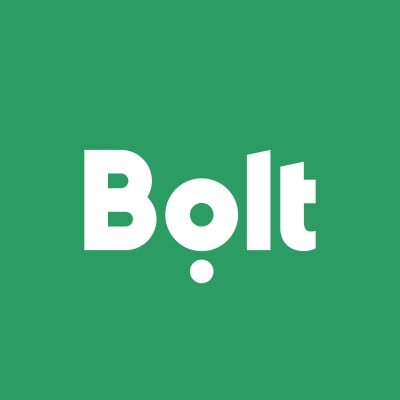
Aurora
Aurora (Nasdaq: AUR) is delivering the benefits of self-driving technology safely, quickly, and broadly to make transportation safer, more reliable, and more efficient than ever before. The Aurora Driver is a self-driving system, initially designed to operate freight-hauling trucks. Aurora is partnering with industry leaders across the freight and logistics ecosystem, including FedEx, Volvo Trucks, PACCAR, Uber Freight, Werner, Schneider, and Ryder. For Aurora’s latest news, visit aurora.tech.






